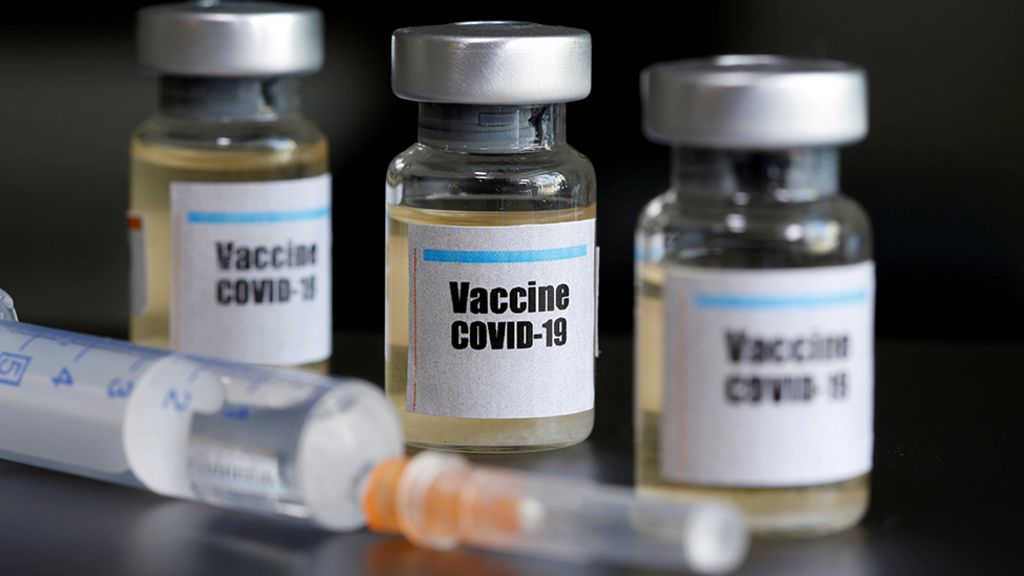Local superintendents talk COVID-19 vaccine
Published 5:33 pm Friday, January 8, 2021
|
Getting your Trinity Audio player ready...
|
With school back in session after the holiday break, teachers may soon be eligible to receive COVID-19 vaccinations, according to the Alabama Department of Public Health.
The ADPH’s COVID-19 vaccination plan put the highest priority on frontline health workers and others in healthcare with a high risk of exposure. The second phase of the plan includes those defined as essential workers who are at high risk, which includes teachers, as well as those over 75 years old, the age group with the highest mortality rate. However, on Friday, Governor Kay Ivey announced that vaccinations would be available to those over 75, by appointment, beginning Jan. 18. Nearly 350,000 people in the state of Alabama would qualify for a vaccine at 75 years and older.
“I appreciate the swift work of ADPH to establish a system to efficiently provide our limited resources of vaccine to as many Alabamians as possible,” Ivey said. “We have previously worked to provide vaccines to our health care workers who are on the front lines of the pandemic, and now, are diligently working to expand access to our seniors, law enforcement officers and various members of our first responders. It is critical for everyone to remain patient; demand is high, and supply is low. ADPH and their partners are working around-the-clock to assist as many people as they can.”
As of the latest update on Monday, Jan. 4, over 226,000 doses of the vaccine were allocated to Alabama with 42,810 of those already administered, according to the ADPH COVID-19 Distribution Dashboard.
Exactly when teachers and other education staff, who are in Phase 1b, will receive the vaccination is still in question, according to local superintendents.
“The vaccine is available within the state, but there are still questions about the distribution. The vaccination involves two shots and the priority is still on healthcare workers at this time,” said Andalusia Superintendent Ted Watson.
At this point, the timing of vaccinations depends on overall availability and how quickly it can be distributed. Alabama Superintendent of Education Dr. Eric Mackey has said the vaccination process for teachers could begin sometime later this month or February. At that time, staff and childcare workers for kindergarten through 12th grades would be eligible for the vaccine. The total number of those vaccinated will still depend on the total number of available to the state.
“It is a bit up in the air right now,” said Covington County Superintendent Shannon Driver. “We do know that teachers will be part of the next round of vaccinations, but when they receive it will depend on the amount of vaccine available in the state and how quickly it can be administered.”
“We really don’t know many details right now as far as the timing and procedures,” said Opp Superintendent Michael Smithart.
Schools have learned that their nurses are eligible to take the vaccine with the first tier due to their role in healthcare. All three superintendents of systems in Covington County said at least some of their nurses have begun the vaccination process.
Once the vaccine is available to educators they would most likely receive it through their own medical providers or at vaccination centers already established, such as hospitals. “As of right now, it does not appear there will be a system where the vaccine is provided at the school. Instead, they would go to their doctor to get vaccinated.”
The decision on when the vaccine is available to teachers will ultimately lie with state officials. “That decision is not with us, but would come from the state and the Department of Public Health,” Watson said.
None of the school systems in Covington County are planning to mandate the vaccine at this time.
“We may encourage it, but it would not be a requirement,” Driver said. “They are out there in contact with a lot of people each day, but they will need to make the decision based on their own health conditions.”
“I think everyone has to make that decision on their own,” Smithart said. “Everyone has their own unique health concerns and ultimately it comes down to being an individual decision.”





